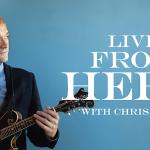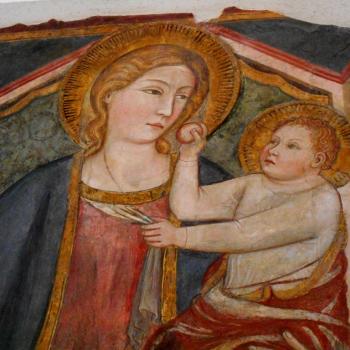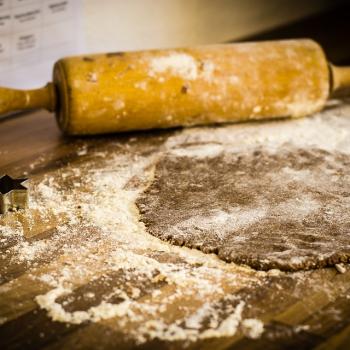Donald Hall was the first poet I ever wrote to. He passed away on June 23. I was thirteen at the time and I wrote him a letter saying how much I admired his poem “Letter with No Address.” The poem deals with the death of his wife Jane Kenyon who died far too young from Leukemia. It was published in Ploughshares and was one of the major poems in the stunning collection Without. It is an inelegant poem. It is plain-styled to the point of mocking poetic endeavor. Who could imagine an ending like this in such a heart-breaking elegy:
Sometimes, coming back home
to our circular driveway,
I imagine you’ve returned
before me, bags of groceries upright
in the back of the Saab,
its trunk lid delicately raised
as if proposing an encounter,
dog-fashion, with the Honda.
A joke about cars having sex concludes a poem commemorating his dead wife. I suppose you have to admire the bravery of that gesture. These lines were not what drew me in back then. These lines did:
You know now
whether the soul survives death.
Or you don’t. When you were dying
you said you didn’t fear
punishment. We never dared
to speak of Paradise.
Talk of Paradise is, of course, the major coping mechanism of the Catholic facing grief. Your loved one came from God and they are reunited with God after death. But at a more visceral level, isn’t the shock that the person you have always known as existing next to you has now gone on to something fundamentally mysterious and hidden? Jane Kenyon knows something Donald doesn’t know.
And so what remains is a set of routines. Not particularly erudite routines, but the routines of living, of getting on:
My routine
is established: coffee,
the Globe; breakfast ;
writing you this letter
at my desk. When I go to bed
to sleep after baseball,
Gus follows me into the bedroom
as he used to follow us.
Most of the time he flops
down in the parlor
with his head on his paws.
Grief is a challenge to artifice. It’s also a challenge to critique. Hall can sound like he’s from another era when poets could afford to scrap by on freelance writing on a farm somewhere. Even in unimaginable grief, the scenery around Hall is enviably pastoral, Horatian in its humble luxury. What does one tell the loved one who has died except “I am still here and you are still there?”
A shift in Hall’s career is somewhat foreshadowed by these lines. They could read easily as prose and, indeed, poetry left Hall in his old age. In the opening essay in Essays after Eighty, “Out the Window,” he writes: “New poems no longer come to me, with their prodigies of metaphor and assonance. Prose endures. I feel the circles grow smaller, and old age is a ceremony of losses, which is on the whole preferable to dying at forty-seven or fifty-two.” The poet has outlived his ability to write poetry but is grateful to have grown old enough to have done so.
Outliving Jane Kenyon was perhaps the greatest pain. I saw Donald Hall read twice in person, once when I was young and enraptured by his poetry the other when I was a first year PhD student in Renaissance Literature feeling a bit more apart from the world of the folksy verses of the newly-minted poet laureate. He liked to read a poem by Jane Kenyon at his readings, “The Shirt,” it’s a poem that is brief and erotic. It ends its description of the shirt’s movements:
It even goes down below his belt–
down into his pants.
Lucky shirt.
I think I would like these lines better if I got to hear Kenyon read them. Out of Hall’s mouth it never quite worked. I would think of these lines, instead, from a poem written shortly before her death, “Man Sleeping,”:
He looked
like a child who has fallen asleep
still dressed on the top of the covers,
or like Abel, broken, at his brother’s feet.
For a poet who spent the later years of his impressive career dealing with two inevitable blows: death and aging, he has become the poet laureate of loss and old age, of barns and quiet rural life. His poems seem startlingly apolitical to contemporary ears. There will probably never be another poet like him who so captured Horatian otium in the modern age. Gratitude then, that there were words until the end, and, with a new book of prose coming out in July, more words to come.












